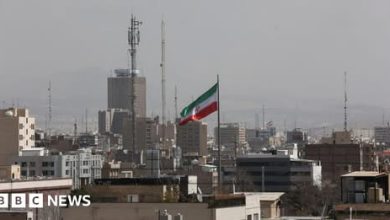FACEBOOK TO PAY THE UK MILLIONS FOR CONTENT
Social network agrees deal with mainstream outlets in face of government crackdown on its dominance of advertising

Facebook is to pay mainstream UK news outlets millions of pounds a year to license their articles, as the social network faces the threat of a government crackdown over its dominance of online advertising.
Most British newspaper groups have signed up to the programme, under which their articles will appear in a dedicated news section on the site that is due to launch in January.
While most Facebook news consumption is currently through links shared on a user’s main newsfeed, the dedicated news tab will involve contractors paid by the social network selecting what they consider to be the main stories of the day from mainstream outlets.
In return, publishers are being promised substantial cash sums and the promise of new readers.
Facebook declined to comment on the amount of money it is putting into the scheme, but some publishers are privately expecting to make millions of pounds a year from the multi-year deals they have signed with the social network. As a result, news industry sources estimated that the total annual bill for Facebook is likely to run into the tens of millions in the UK alone, making a difference to the finances of struggling news outlets.
“It’s an extremely large investment and it’s something we’ve done over multiple years,” said Sarah Brown, Facebook’s head of news partnerships in northern Europe.
She said the curators would prioritise checks and balances associated with original reporting when choosing which stories to highlight: “Is it deeply sourced reporting, is it timely, is it offering an interesting angle, is it well sourced?”
The Facebook News section will feature a mix of top stories chosen by curators employed by the news aggregator service Upday, alongside other stories chosen algorithmically to reflect a user’s interests.
The outlets that have signed up to be launch partners include the Guardian, the Daily Mirror, the Independent, all the UK’s major regional news publishers, and magazines such as the Economist. Facebook said it hoped to add further publishers to the deal.
Other news sites that have not agreed deals with Facebook, including hyperlocal sites, may still appear in the section if they meet certain criteria on standards.
The direct cash injection will please a news industry that has largely lost out to Facebook in the battle for the UK advertising market. It also comes at a time when the social network is facing the threat of substantial government intervention from a new regulator designed to target its dominance of the online advertising market. Government sources have made clear that they want Google and Facebook to do more to support the finances of news publishers.





